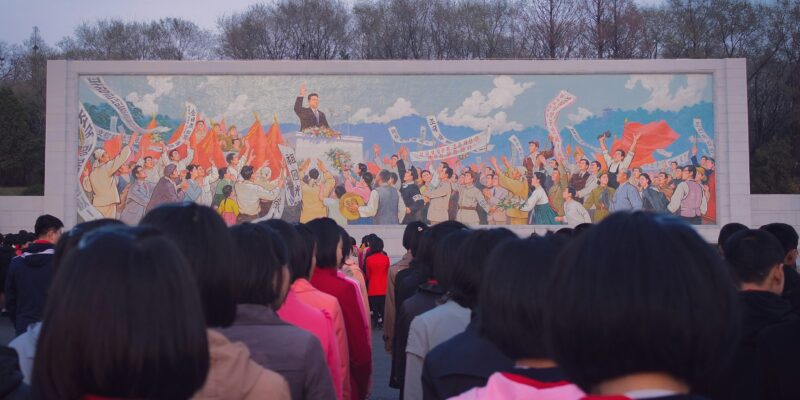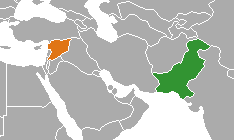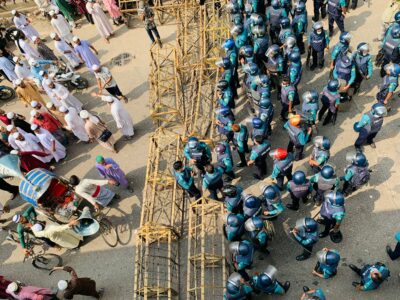13-09-2024
Valentina Palcovicova
South and East Asia Researcher,
Global Human Rights Defence.
On March 8th, 2024, North Korea marked International Women’s Day with celebratory events, national chants proclaiming that “women are flowers,” and state media hailing Kim Jong Un as a “mother” who cares for his people like children.
However the state of women’s rights in North Korea is a complex and concerning issue. While the official stance of the Democratic People’s Republic of Korea (DPRK) claims that gender equality has been achieved, reports from defectors, media outlets, and external organisations paint a different picture. Traditional Confucian values, which emphasise patriarchal authority and social hierarchy, remain deeply embedded in North Korean society. These values often lead to systemic gender inequality, despite constitutional guarantees of equal rights.
Confucianism, a philosophical and ethical system, reinforces rigid gender roles that place men in positions of authority and power, while women are expected to maintain their “sexual purity” before marriage and obedience to male relatives. Women’s social value is often tied to their relationships with men making them subject to control by male figures in their family or society at large.
Moreover, North Korea’s strict control over information and media results in the suppression of public discussions of women rights violations. Therefore, the state of women’s rights remains limited to anecdotal reports gathered from grassroots media outlets, defector testimony and reports submitted by the North Korean government to international agencies.
Recently a report was submitted by Daily NK (a media organisation that provides news from sources inside North Korea), in which a survey was conducted of 30 North Korean women and 10 North Korean defectors. Results conveyed that over half of the respondents suffered sexual victimisation by officials in state institutions, including the national police agency and correctional centres. Additionally, 73 percent had encountered occurrences in the workplace, military, or markets where officials coerced or tricked them into having sex in exchange for promotions or business opportunities. Moreover, it was discovered that the North Korea Women’s Right Protection Law (a 2010 law that establishes basic protections and rights for women) was unheard of by 70 percent of respondents and over 80 percent have never received education on women’s rights. Thus the findings are a contrast to what North Korean authorities claim in their reports to the international community about the state of women’s rights in the country.
The DPRK constitution claims to provide equal rights in all areas of life including work, education and political participation, and their official stance is that gender equality has been achieved under socialist principles. Furthermore, the North Korea Women’s Rights Protection Law was introduced to address specific issues. Theoretically, the law provides protection against discrimination in employment, education and family life. However, as indicated by the North DK report, there is a lack of awareness and lack of enforcement mechanisms which undermines the effectiveness of these laws. In addition to this, the 2014 UN Commission of Inquiry (COI) on North Korea further confirmed the gap between domestic law and international frameworks. The COI documented cases where North Korean escapees faced sexual violence and forced abortions upon repatriation, classifying these as crimes against humanity which violate both the Convention on the Elimination of All Forms of Discrimination Against Women (CEDAW) and the International Covenant on Civil and Political Rights (ICCPR).
Sources and Further Readings:
The Diplomat. (April 18, 2024). Sang Yong Lee. The Dire State of Women’s Rights in North Korea. Retrieved 10th September 2024, from The Dire State of Women’s Rights in North Korea – The Diplomat.
Report of the Commission of Inquiry on Human Rights in the Democratic People’s Republic of Korea. (2014).OHCHR. Retrieved 10th September 2024, from Report of the Commission of Inquiry on Human Rights in the Democratic People’s Republic of Korea | OHCHR.
The United Nations Convention on the Elimination of All Forms of Discrimination Against Women (CEDAW).
The International Covenant on Civil and Political Rights (ICCPR).








Comments